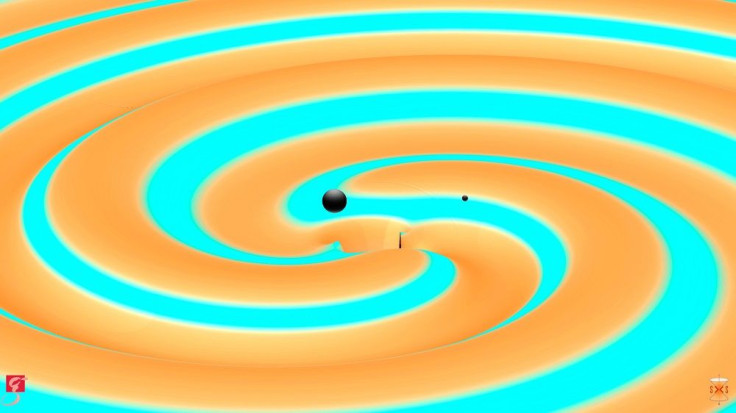LIGO scientists detect 2nd signal of gravitational waves, pave way for mapping black hole population

In February, Laser Interferometer Gravitational Wave Observatory (LIGO) scientists confirmed for the first time the existence of gravitational waves which was predicted about a hundred years ago by Albert Einstein. Four months later, scientists detected a second signal, paving the way for them to map the universe’s black hole population.
With the upgrading this 2016 of the gravitational wave detectors in the US and Italy, Professor David Blair from the University of Western Australia, says the world should expect new possibilities. He believes there would be a flood of gravity wave signals in the news few years with the improvement in the detectors, reports ABC.
Associate Professor Peter Veitch, Physics head at the University of Adelaide, adds that with the second burst of gravitational waves, “we are well on the way to being able to map the populations of black holes in our universe.” He discloses the second event produced a massive spinning black hole 21 times the mass of the Sun and travelling 1.4 billion years to Earth. However, their solar masses were only 8 and 14.
The first burst, detected by LIGO equipment in Livingston, Florida, and Hanford, Washington, on Sept 14, 2015, saw a large spacetime ripple resulting from the merger of two black holes 1.3 billion light years away with solar masses weighing 29 and 36, respectively.
LIGO scientists announced the discovery of the second burst on Wednesday at a meeting of the American Astronomical Society in San Diego, California. The paper about the second burst has been accepted for publication in Physical Review Letters, reports Gizmodo.
The observatory uses laser beams to measure the small wobbles in distance between mirrors separated by several kilometres. The second burst, says Federico Ferrini, director of the European Gravitational Observatory (EGO), says is significant because researchers could begin describing “what was happening during the extraordinary event. EGO hosts VIRGO, the gravitational wave detector in Italy.
VIDEO: LIGO again detects gravitational waves





















